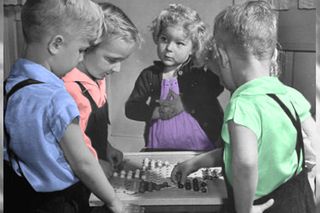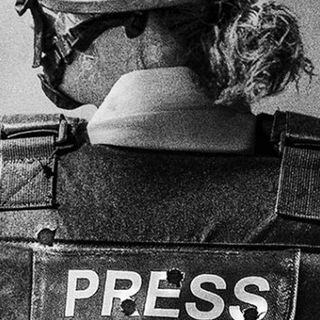
How To Boost Executive Functioning Skills In Kids Aged 5 to 7
Get ready for some Uno. Lots and lots of Uno.

In earlier articles of this series on executive functions, besides talking about what executive function actually is and how it can predict academic success, we’ve also explored activities that can build executive functioning skills for different age groups. This part will focus on activities to build executive functions in kindergarten and early primary kids, aged 5 to 7.
Executive function in kids (ages 5 to 7)
At this age, executive function skills like working memory, self-awareness and inhibition increasingly develop as the natural successors to the increase in attention and self-regulation skills seen in the preschool years.
Therefore, parents and educators can focus on engaging kids in rule-based activities or games (think card or board games) that require kids to constantly remember, follow, and build strategies around the rules in order to win — essentially exercising all the executive functions mentioned above.
Therefore, per Harvard University’s Center on the Developing Child, and developmental pediatrician Dr Mausam Shahpurwala, the following skills will help build executive functioning skills for kindergarten and early primary children between ages 5 and 7.
Executive functioning activities for 5- to 7-year-old kids
Card and board games
With card games, children will exercise their working memory. You could introduce card games of various difficulty levels, for instance, those that just require matching pictures with words or colors, or others, like Uno, with its various rules, letting children practice working memory.
When children in this age group play board games, the various executive functioning skills they get to exercise are working memory, inhibitory control and flexibility, because they are constantly thinking of strategies and planning their moves ahead. Therefore, any board game like Chinese Checkers, Battleship or Parcheesi will not only make playtime enjoyable but end up strengthening critical cognitive skills.
Physical activities
“It’s also important to engage them in physical play because, other than the fact that it’s important to be active, by playing outdoor games, children will get to work on attention and inhibition,” says Dr Shahpurwala.
For instance, physical games like Statue, Musical Chairs and Simon Says will help kindergarten kids develop self-awareness, and practice inhibition/self-control, as they focus on freezing, or catching a chair when the music stops.
Structured sports can also help enhance kids’ decision-making skills and self-control. Dr Shahpurwala adds that children in this age group are old enough to play structured ball games like football, basketball and cricket. “Playing them will enable [kids] in understanding rules, remembering and following [rules] and strategizing ways to win,” she explains. “This will end up impacting skills like working memory, self-control, and awareness.” Activities like karate, yoga or tae kwon also help kids practice controlling their actions, thus strengthening their inhibition, an important executive function.
Quizzes and puzzles
At this age, children are capable of solving puzzles and engaging in quizzes, which Dr Shahpurwala says “will help them exercise attention and problem-solving skills, along with working memory.” Parents could try educational online game sites, as well, to enhance the skills mentioned above, she adds.
Guessing games, like 20 Questions, are also popular among children of this age group, as they require players to use working memory by holding in mind others’ previous responses, and strategizing new guesses based on that information.
Anubhuti Matta is an associate editor with The Swaddle. When not at work, she's busy pursuing kathak, reading books on and by women in the Middle East or making dresses out of Indian prints.
Related


‘A Private War’ Reflects the Everyday Trauma of Journalists in the Field
